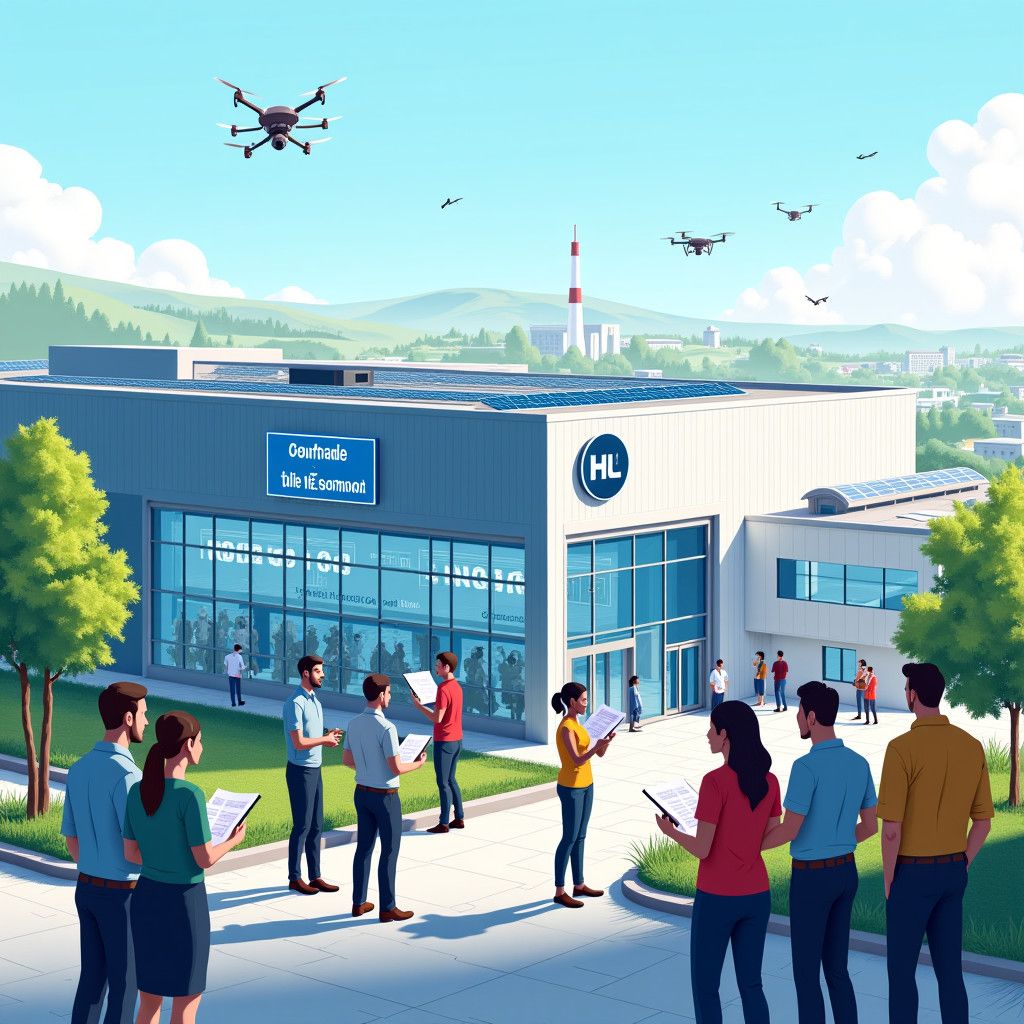The establishment of AI Factories in Europe marks a significant stride towards building a robust ecosystem for advanced artificial intelligence technologies. This initiative aligns with President Ursula von der Leyen’s vision of making AI a central pillar of Europe’s digital transformation, reflecting a bold response to the growing global competition in this critical sector. With seven proposals approved for implementation, the European Union’s ambition is becoming clearer, and the foundation is being laid for Europe to emerge as a global leader in AI development.
Henna Virkkunen, Executive Vice-President for Tech Sovereignty, Security, and Democracy, articulated the importance of the initiative, stating, “Today, we are one step closer to setting up AI Factories. Using European supercomputers, we will enable AI start-ups to innovate and scale up.” This commitment emphasizes the urgent need for Europe to strengthen its AI capabilities, not merely to secure its leadership but also to unlock significant economic, technological, and societal benefits.
The concept of AI Factories is built on the idea of consolidating the critical components necessary for AI development—massive computing power, a wealth of data, and an abundance of skilled talent. By creating dedicated hubs for these resources, the AI Factories will empower start-ups and small and medium-sized enterprises (SMEs) to increase their competitiveness and drive economic growth. This is particularly essential in sectors like healthcare, manufacturing, and cybersecurity, where AI applications can lead to transformative advancements.
One of the defining features of these AI Factories is their commitment to collaboration. By serving as a nexus for academia, industry, and policymakers, these hubs will foster an environment ripe for innovation. Collaborative efforts will drive the development of ethical and sustainable AI solutions capable of addressing pressing global challenges, thereby enhancing Europe’s standing as a leader in responsible AI practices.
The chosen locations for hosting these AI Factories include prominent research and technology centers across Europe, such as Finland’s LUMI AIF and Spain’s BSC AIF. These sites will house experimental platforms designed to test novel AI models and applications, further propelling the growth of AI technologies. By enabling interaction among universities, supercomputing centers, industry leaders, and financial institutions, the distributed network guarantees that AI expertise and resources are widely accessible, encouraging an innovative culture across the continent.
The financial backing for this initiative is equally noteworthy. The AI Factories represent a transformative investment of €1.5 billion, partially funded by both national governments and the EU. Approximately half of this funding derives from the Digital Europe Programme and Horizon Europe, signifying a strong commitment from the EU to bolster AI infrastructure and services. This financial strategy underscores the EU’s dedication to ensuring that the new facilities are equipped with state-of-the-art technologies, optimizing their capabilities for AI research and application.
Furthermore, five of the selected locations are set to deploy new, advanced supercomputers specifically designed for AI operations. These upgrades are anticipated to more than double the EuroHPC computing capacity by 2026, aiming to position Europe as a formidable player in the global AI landscape.
The ambitious timeline for the rollout of these AI Factories anticipates operational capabilities beginning between 2025 and 2026. As these factories become fully functional, they promise to revolutionize the way artificial intelligence is developed and implemented across various sectors, bringing benefits that extend far beyond technological advancements. The integration of AI into everyday operations has the potential to not only enhance productivity but also contribute significantly to job creation and economic vitality.
The initiative to establish AI Factories represents more than just technological progress; it embodies a pivotal moment in Europe’s evolution in the digital arena. By harnessing advanced infrastructure, skilled talent, and collaborative resources, these hubs position Europe to influence global AI trends and alleviate crucial societal challenges.
The future that lies ahead is one where AI serves as a catalyst for economic prosperity and societal well-being. The creation of this AI ecosystem is not simply a matter of keeping pace with global competition; it is about proactively defining Europe’s role in a rapidly transforming world.
As we look forward to the establishment of these AI Factories, the path is clear: investing in AI capabilities will yield dividends that encompass economic growth, competitive positioning, and ethical leadership in artificial intelligence applications. The time for Europe to assert itself as a driving force in AI development is now, and the stakes have never been higher.












